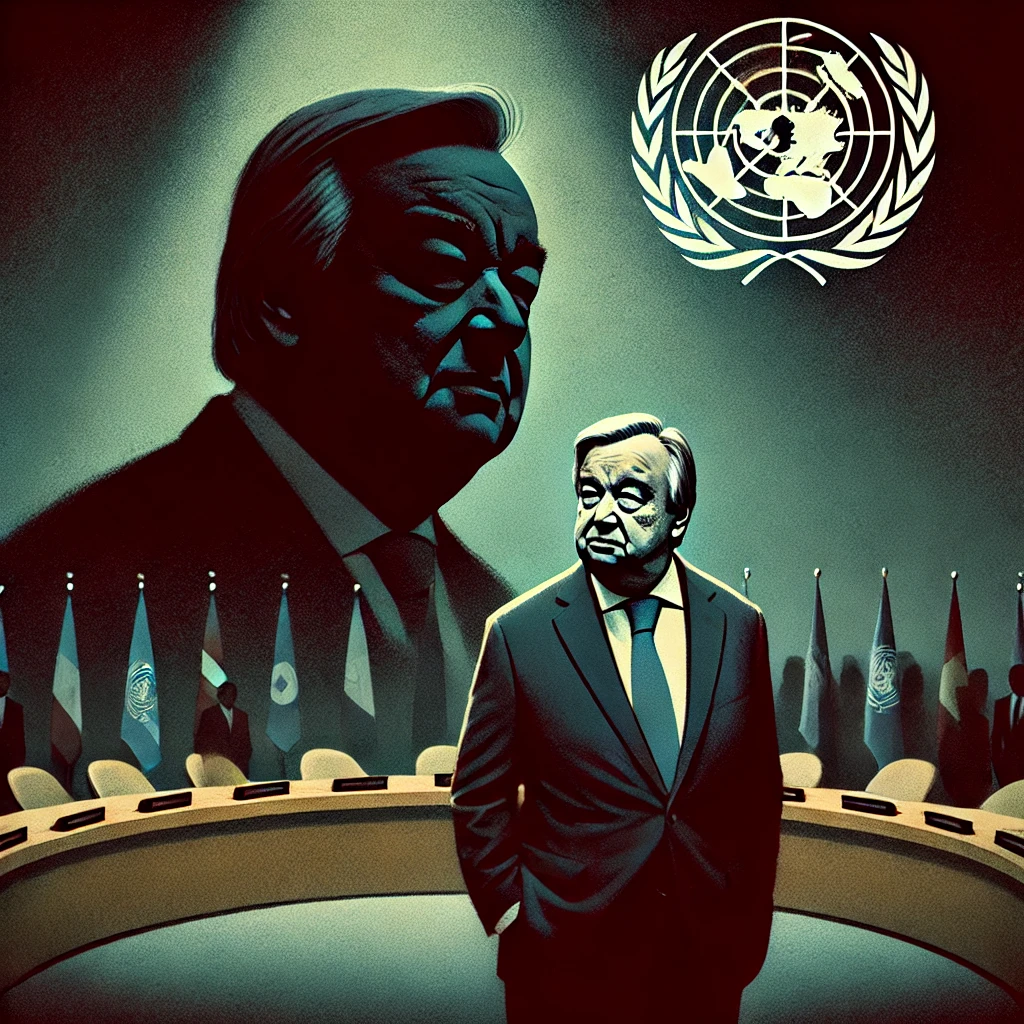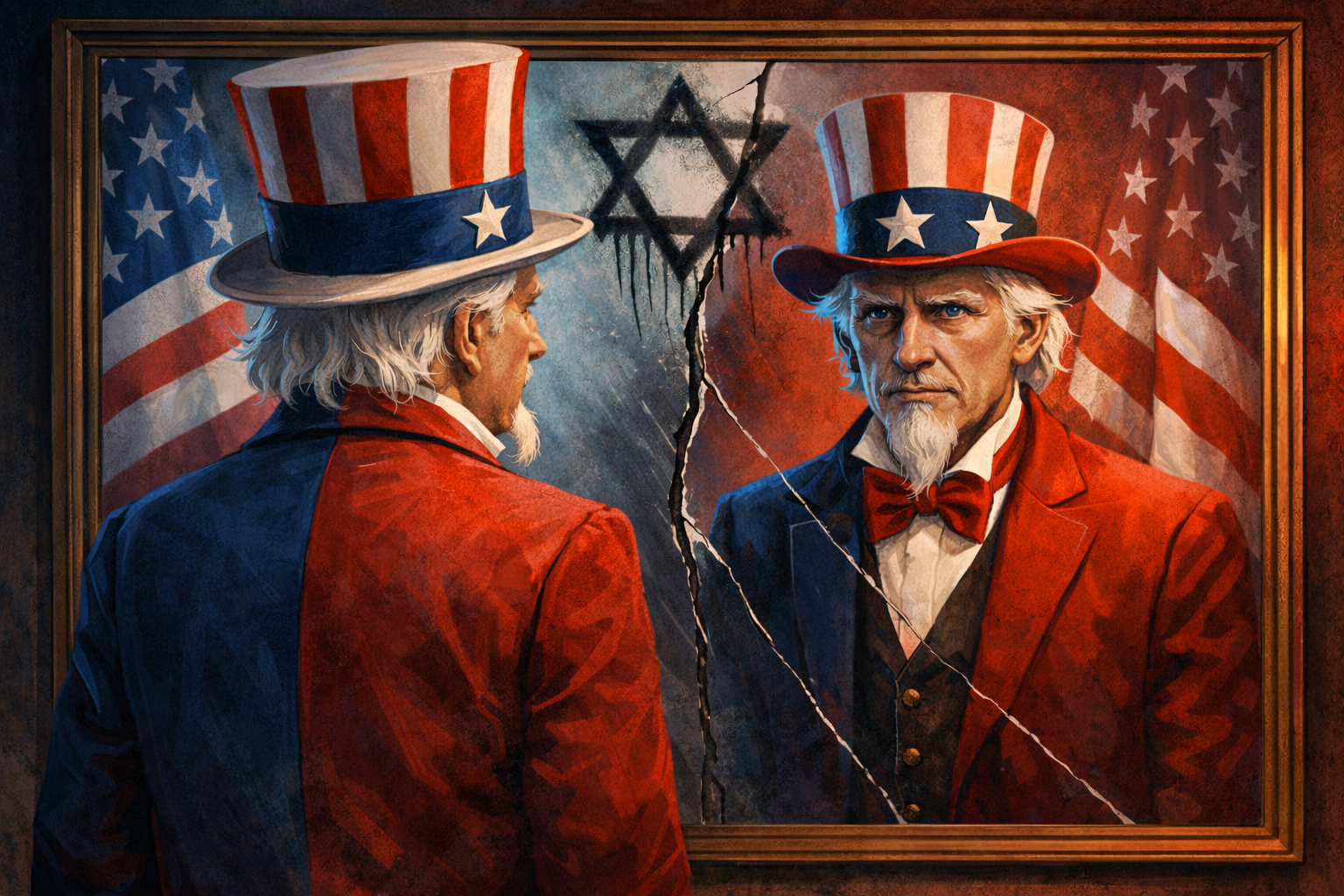A StandWithUs UK Special Deep Dive Series
Our last Deep Dive about the UN Human Rights Council found the following:
- The UNHRC’s Disproportionate Focus on Israel – Israel is uniquely scrutinized under a special agenda item and condemned in multiple annual resolutions, unlike any other country.
- Unequal Accountability in Human Rights – The Council has held more special sessions on Israel than on any other nation, while some of the world’s worst regimes face no criticism.
- Selective Mandate Against Israel – The UN’s special expert on Palestine investigates only Israel’s actions, not those of Palestinian authorities or Hamas, limiting accountability in the region.
- Impunity for Human Rights Abusers – The Council often overlooks significant abuses by its own members, including authoritarian regimes and serial violators of human rights.
- Concerns Over Leadership Choices – The appointment of human rights violators like Iran and Russia to significant Council roles raises questions about the UNHRC’s integrity and commitment to impartiality.
Our education team have worked extensively on presenting this special four-part Deep Dive about the UN, and the questions that arise about whether this supposedly impartial organisation is complicit with the actions of terror groups or simply incompetent at upholding its own basic values. This piece explores the conduct of UN Secretary-General António Guterres.
UN Secretary-General António Guterres
According to the United Nations, this is the role of the Secretary-General:
Equal parts diplomat and advocate, civil servant and CEO, the Secretary-General is a symbol of United Nations ideals and a spokesperson for the interests of the world’s peoples, in particular the poor and vulnerable among them. The current Secretary-General, and the ninth occupant of the post, is Mr. António Guterres of Portugal, who took office on 1 January 2017.
One of the most vital roles played by the Secretary-General is the use of their “good offices” — steps taken publicly and in private, drawing upon their independence, impartiality and integrity, to prevent international disputes from arising, escalating or spreading.
Since October 7th, Guterres has repeatedly shown failures of impartiality and integrity, to the point that the Foreign Minister of Israel has declared him as persona non grata, and barred him from entering the country.

(R) A post from Israeli Foreign Minister Israel Katz, declaring Guterres persona non grata in Israel.
This ban followed Guterres’ comments after the Iranian attack against Israel on the 1st October 2024, firing 200 ballistic missiles towards the Jewish state. Following the attack, Guterres wrote on X, “I condemn the broadening of the Middle East conflict with escalation after escalation. This must stop. We absolutely need a ceasefire.” Notice there was no mention of the aggressor, Iran, in his comments. In response, Foreign Minister Katz banned Guterres and stated, “Anyone who cannot unequivocally condemn Iran’s heinous attack on Israel, as almost every country in the world has done, does not deserve to step foot on Israeli soil.”

Iranian President Masoud Pezeshkian, left, and UN Secretary-General Antonio Guterres shake hands at the United Nations headquarters in New York, Sept. 23, 2024. (AP/Stefan Jeremiah)
The conduct of Guterres
Israel’s grievances with Guterres come from several statements that he has made since October 7th.
Graphic showing the trajectory of the Islamic Jihad rocket that hit the Al-Ahli Hospital on 17th October 2023 (18th October 2023, IDF)

On October 18th 2023, immediately after a large explosion on the grounds of Al-Ahli Hospital in Gaza, Guterres was quick to point fingers and imply that Israel was responsible: “I am horrified by the killing of hundreds of Palestinian civilians in an attack on a hospital in Gaza today, which I strongly condemn. My heart goes out to the families of the victims. Hospitals and medical staff are protected according to international humanitarian law.” This statement was released quickly after the explosion, which was eventually found to not be Israel’s fault.
On October 23rd 2023, Israel called for the resignation of António Guterres after he said the Hamas attack on October 7th “did not happen in a vacuum.”


Guterres addressing the United Nations with his remarks regarding the atrocities of October 7th.

United Nations holding a tribute for Iranian President Raisi, aka ‘The Butcher of Tehran’, following his death in a helicopter crash. (30th May 2024, Eduardo Munoz/Reuters)
Despite a report from a UN envoy, Guterres failed to add Hamas to the sexual violence in conflict blacklist. This follows verified evidence that mass rape and other forms of horrific sexual violence took place on October 7th and subsequently against hostages. Under Guterres’ leadership, the UN has not issued a single report or resolution condemning Hamas. However, he saw fit to lower the UN flag to half mast and hold a moment of silence for the death of Iranian President Raisi, aka ‘The Butcher of Tehran’.

Guterres taking part in the minute’s silence. (30th May 2024, Eduardo Munoz/Reuters)
Following the Israeli assassinations of Nasrallah and Sinwar respectively, Guterres has not made comments on their deaths. This has caused outrage from Israel, considering these were two of the most dangerous terror leaders in the world, responsible for countless deaths and other human rights abuses.
Guterres has also been pictured warmly embracing Russian President Vladimir Putin in October 2023, leading to Ukrainian leader Volodymir Zelenskyy to cancel Guterres’ trip to Kyiv.
In regards to the conflict in Lebanon, Guterres has failed to condemn Hezbollah for its hostilities and breaking the UN resolution 1701 of not having a presence past the Litani river. Instead, Guterres even condemned the “pager attack” that took place in September 2024 that saw thousands of pagers exclusively owned by Hezbollah members suddenly explode, killing and injuring their owners.

Guterres warmly shakes Putin’ hand in Kazan. (24th October 2024, AP)
You decide: complicity or incompetence?
The failures of the United Nations highlighted in this special Deep Dive series raise urgent concerns about the organisation’s role and responsibility in the Israeli security context. UNIFIL’s ineffective oversight has allowed Hezbollah to build extensive military capabilities along Israel’s border, turning what should be a neutral peacekeeping mission into a potential enabler of terrorism. UNRWA, initially intended to support Palestinian refugees, now faces accusations of complicity with terror-linked activities, indoctrination, and facilities allegedly repurposed for militant operations. Similarly, the UN Human Rights Council, with its disproportionate focus on Israel and selective disregard for other human rights abuses, suggests a pervasive bias within the organisation. Finally, Secretary-General António Guterres’ public statements and failure to address atrocities committed against Israelis have further cast doubt on the UN’s impartiality and credibility.
These issues present a troubling pattern that raises a serious question: Is the United Nations simply incompetent in managing its Middle Eastern mandates, or has it become complicit in actions that directly threaten Israel’s security and stability? This systematic failure not only undermines the UN’s founding mission to uphold peace and security but also risks diminishing its legitimacy on the global stage. With these concerns at the forefront, there is an urgent call for accountability and transparency within the UN to restore confidence in its commitment to justice and neutrality.






